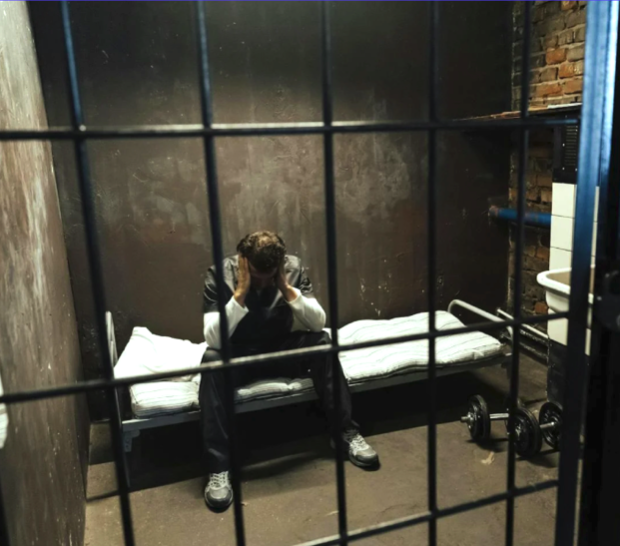 Prisoners & Reentrants Without Family Face A Hard Road
Prisoners & Reentrants Without Family Face A Hard Road
Recently, Governor Braun issued a statement asking Indiana Department of Corrections to take action to reduce recidivism rates. IDOC can probably do that through programs, better kinds of treatment for trauma, and undoubtedly more money. But inmates without families are deprived in ways IDOC cannot mitigate, and these inmates are more likely than those with family connections to be re-incarcerated. They face significant challenges in prison and after release, without financial assistance, emotional support, or guidance, most are set up for failure before they even leave the system.
Someone once said “when you have no money, you need luck” and nothing could be closer to the truth than one who has no money inside prison walls. While detention centers supply food, water, and a bed, hygiene articles must be purchased from the commissary. At least in Indiana, those who are unable to pay will be provided with needed hygiene products. But, commissaries sell much more than toothpaste. Prison and jail commissaries offer all kinds of items like band aids, vitamins, and ibuprofen. AM/FM radios may be available with ear buds, writing materials, postage stamps, and a wide array of food products can be purchased, as well as storage containers like bowls, cups, and coolers. Some facilities offer sweat shirts and pants, tank tops, shorts, socks and sneakers, and often, several types of work boots.
In fact, federal prisons have set a maximum spending limit of $310 per month, and most jails have monthly limits around $50-$75. So, don’t think for a moment that money isn’t needed during incarceration. It is. And the person with no money must bargain for any extras he or she needs, putting them in a very vulnerable position.
Meanwhile, the lack of family support has a profound impact on an inmate’s mental health. Those without family often experience greater depression, anxiety, and feelings of abandonment, and studies have shown that inmates with regular outside contact adjust better and have lower recidivism rates.
But, after release it is worse. With limited resources and no family to take them in, they must find housing, which is hard to do without a down payment of some kind, or at least a job that promises an income in the near future. The conundrum of needing an address to find a job while first needing a job to pay for housing increases the probability of homelessness or worse, reoffending.
Today, 2nd Chance Indiana provides five key areas of support that can reduce recidivism for all reentrants, but even more importantly for those who have no family support. 1. It supports inmates through a correspondent team that writes letters to inmates. 2. Mentorship is available. 3. Job training is available in various facilities. 4. Assistance in finding employment that pays a living wage, through the 2nd Chance Indiana website, 2ndChanceIN.com. And, 5. For the majority of reentrants who have no affordable or reliable transportation, 2nd Chance Indiana can provide van transportation to and from work.
These efforts provide the most needed programs for reentrant success, and can make the difference between restoration and recidivism for any reentrant, but especially for those who have no family to help them.
Nancy








